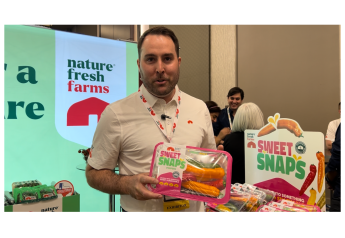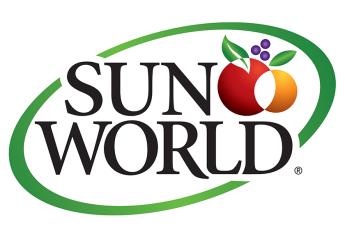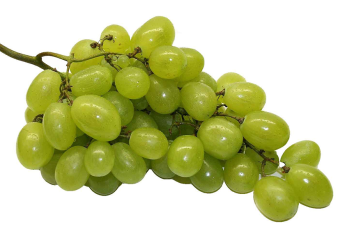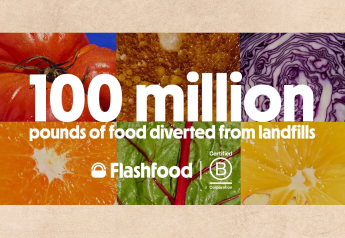Type of packaging important, but consumers say price holds sway over decisions
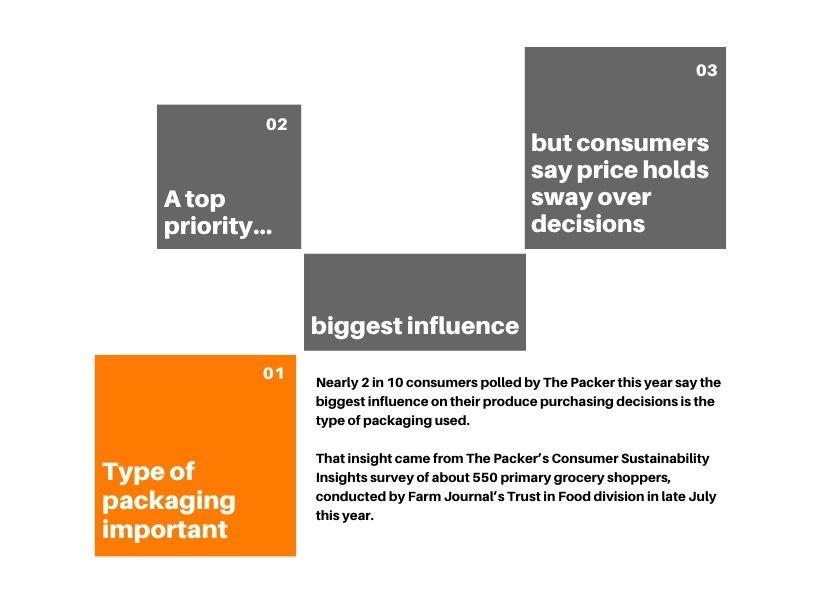
Nearly 2 in 10 consumers polled by The Packer this year say the biggest influence on their produce purchasing decisions is the type of packaging used.
That insight came from The Packer’s Consumer Sustainability Insights survey of about 550 primary grocery shoppers, conducted by Farm Journal’s Trust in Food division in late July this year.
Did you miss The Packer's 2021 Sustainable Produce Summit? Not to worry, access it here or download the complete sustainability survey. Also, read The Packer's Sustainability Insights Magazine.
The survey found that the biggest consumer influences on produce purchasing decisions were topped by price (46%), followed by how the produce was grown (37%), origin of the produce (22%), packaging used (17%), and other (2%).
Asked “How often do you make purchasing decisions based on how the package was produced (ex: recyclable, biodegradable, etc.)?” consumers responded:
- Often: 29%;
- Sometimes: 44%; and
- Hardly ever: 28%.
Consumers had a slightly higher attention to how or where fruits and vegetables are produced, according to The Packer’s research.
Asked “How often do you make purchasing decisions based on how or where the food was produced (ex: organic, local, non-GMO, etc.)?” the responses were:
- Often: 32%;
- Sometimes: 46%; and
- Hardly ever: 22%.
Consumers were asked to rate various factors based on how they communicate sustainability.
Asked “If you were trying to decide between a sustainably or non-sustainably produced product, how would each of the following rank, starting with the biggest influence in your decision-making process to the least?”
Seventeen percent of all consumers said packaging was the most influential factor, with 22% rating packaging as the second biggest influence, 28% rating it as the third most influential factor and 32% rating it as the fourth most important influence.
A top priority
For those consumers who consider sustainability a “top priority,” The Packer’s poll found those shoppers gave substantially greater weight to how the packaging was produced compared with the overall average.
Asked the frequency of their purchases based on how the package was produced (ex: recyclable, biodegradable, etc.), those consumers responded:
- Often: 52%;
- Sometimes: 39%; and
- Hardly ever: 9%.
Even for consumers who consider sustainability a top priority, price was rated more important (31%) than how the fruits and vegetables were produced (24%), type of packaging (23%) and origin of produce (20%).
For those who consider sustainability a top priority, packaging was rated the biggest influence for 24% of consumers, the second biggest influence for 25%, the third biggest for 25% and the fourth biggest influence for 23%.
Again, consumers who considered sustainability a top priority still rated price as most important in making a purchase decision. Thirty-three percent of those consumers rated price as the most important factor, with 17% rating it as the second-biggest factor, 19% rating price as the third most important factor, and 31% rating it as the fourth most important factor.
Predictably, consumers who said that sustainability is not a top priority for them valued price by a bigger margin. Those consumers said the biggest influences on their purchases were price (54%), origin of produce (20%), type of packaging (12%), how the produce was grown (11%) and other (3%).


